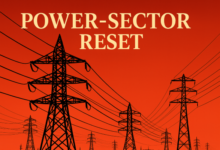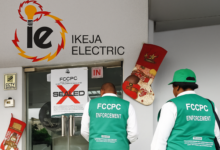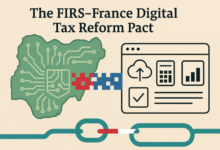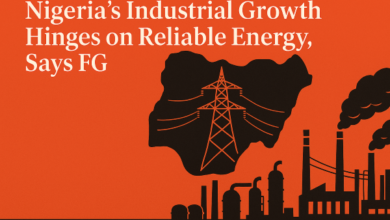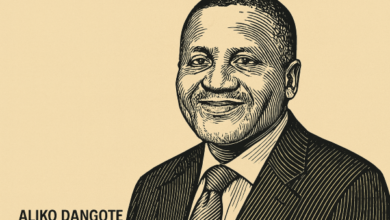Nigeria’s Telecom Sector Gets $1bn Investment Surge After Pricing Reform

Nigeria’s telecom industry has received a $1 billion infrastructure investment boost in 2025 alone, following a decisive policy shift by the Nigerian Communications Commission (NCC) to restore market-driven pricing after nearly a decade of tariff stagnation.
NCC Executive Vice Chairman, Dr. Aminu Maida, disclosed the figures during an interactive media session in Lagos, emphasising that the January–February 2025 pricing review—allowing mobile network operators (MNOs) to adjust tariffs by up to 50%—has revived investor confidence, triggered fresh capital inflows, and reversed years of underinvestment.
From Price Freeze to Capital Inflow
For nearly ten years, MNOs had been locked into fixed tariffs, even as operating costs spiralled due to inflation, rising diesel prices, and naira volatility. While tower companies could adjust prices annually to reflect inflation and FX rates, MNOs—who shoulder the bulk of service delivery—were unable to do the same.
“This is an industry that requires continuous investment,” Maida stressed. “The world is moving ahead, and if we do not create the right conditions, we will be left behind.”
By returning to the guiding principles of the 2000 National Telecom Policy and the 2003 Communications Act, the NCC has effectively reset the sector’s economics—balancing fair consumer protection with a competitive, investor-friendly market.
Network Expansion Already Underway
Since the pricing reform, operators have placed orders for new equipment, much of which began arriving in June. Network expansion and upgrade projects are already in progress, with the NCC tracking site rollouts weekly through direct engagement with operators.
The fresh investment pipeline is expected to:
- Expand 4G and 5G coverage into underserved regions
- Improve service quality and call/data reliability
- Boost network resilience during peak demand
- Prepare Nigeria for emerging digital economy opportunities
The Operational Cost Squeeze
While the investment wave is promising, the telecom sector’s cost structure remains under intense pressure:
- Diesel Dependence: Operators consume over 40 million litres monthly to power base stations—most of it imported.
- FX Exposure: All network hardware and software, from base station equipment to core network systems, must be imported, making the sector highly sensitive to foreign exchange volatility.
- No Local Manufacturing: The absence of domestic telecom equipment production leaves Nigeria reliant on international supply chains.
This reality underscores the need for a complementary industrial policy to localise parts of the telecom value chain and reduce FX risk.
Securing the Digital Backbone
Beyond financing, NCC is prioritising the security of telecom infrastructure, partnering with the Office of the National Security Adviser to design a region-specific rapid response framework.
Security needs vary:
- Coastal Areas: Community-based engagement to protect sites
- High-Risk Zones: Stronger civil defence or security presence
- Structural Risks: Addressing site vulnerabilities such as generator theft, inadequate fencing, and land disputes
This multi-layered approach aims to secure the physical layer of Nigeria’s digital economy—without which the network quality gains from new investments could be undermined.
Analyst Insight: A Telecoms Market Reset
From a tech and market perspective, the NCC’s decision is a structural reset for Nigeria’s telecom sector:
- Investor Signal: Pricing flexibility signals regulatory maturity and responsiveness, attracting capital from both local and foreign players.
- Competitive Edge: Timely investment ensures Nigeria’s networks remain regionally competitive in speed, coverage, and reliability.
- Digital Economy Catalyst: A stronger telecom backbone accelerates fintech, e-commerce, e-health, and remote work adoption.
However, sustainability will hinge on stable FX policy, energy cost containment, and deeper local manufacturing participation in the telecom supply chain.
Bottom line:
With over $1 billion in new capital committed within months of pricing liberalisation, Nigeria’s telecom sector is entering a new investment cycle. If matched with targeted policy support, this momentum could place the country firmly among Africa’s next-generation digital powerhouses—and ensure that its networks are not just profitable, but globally competitive.


